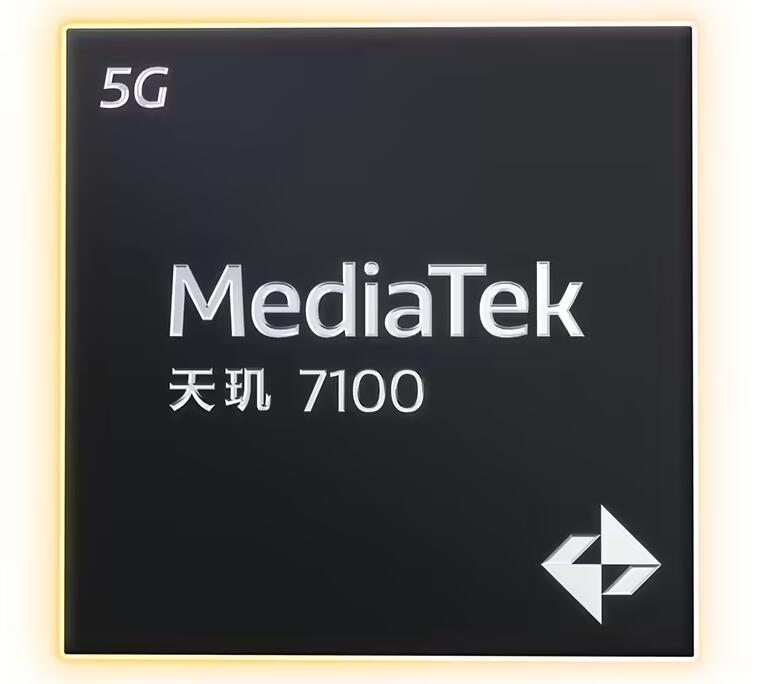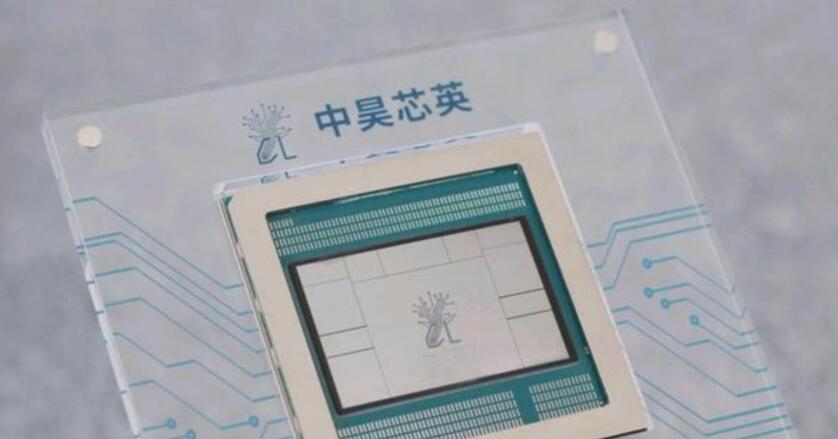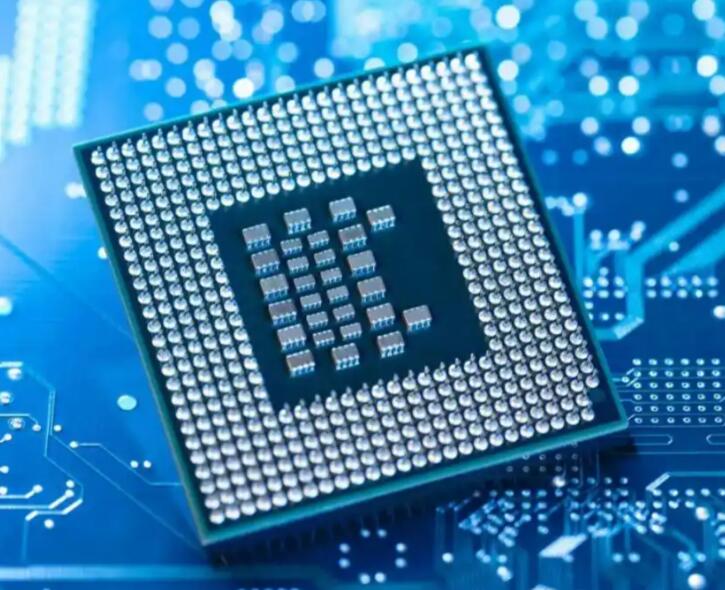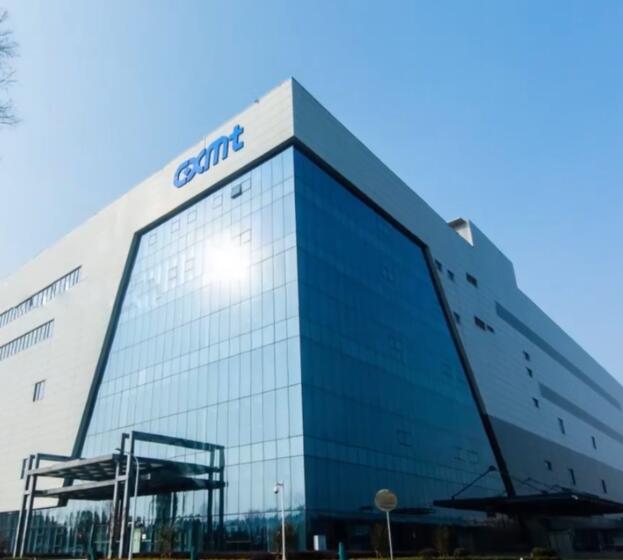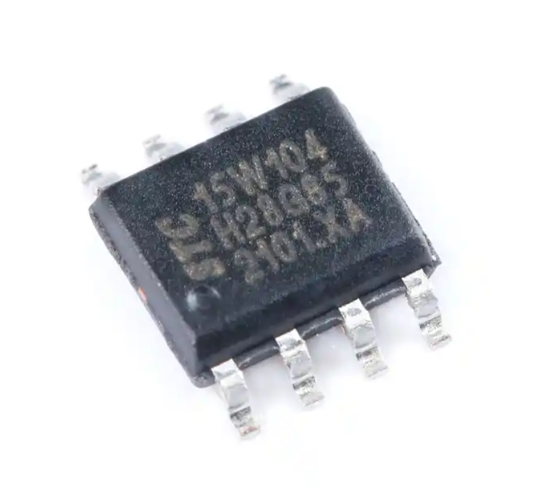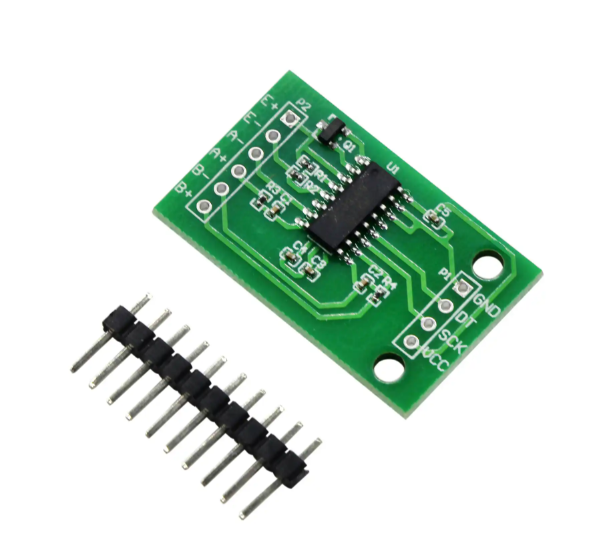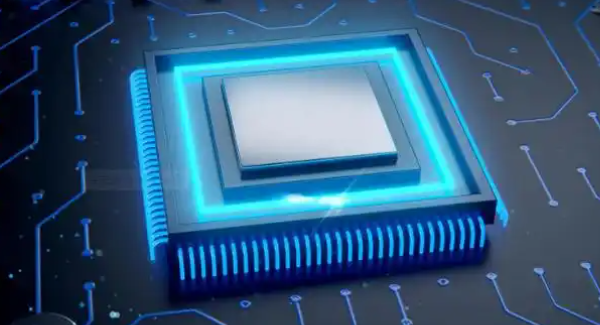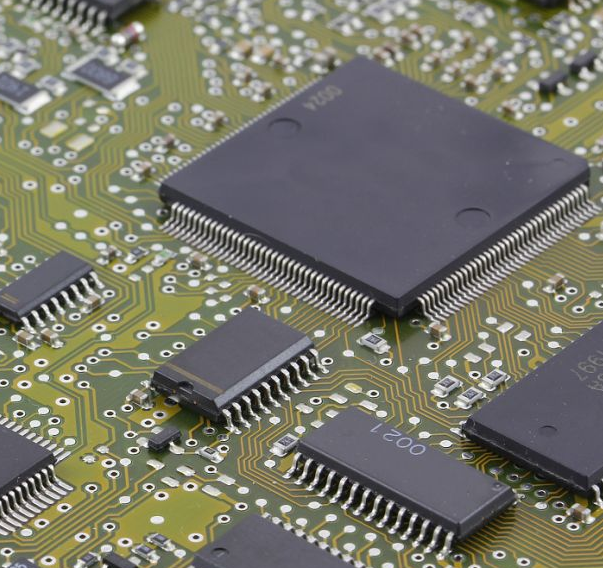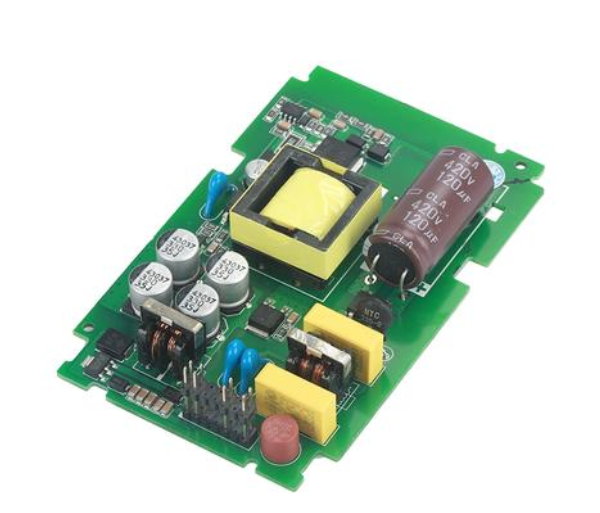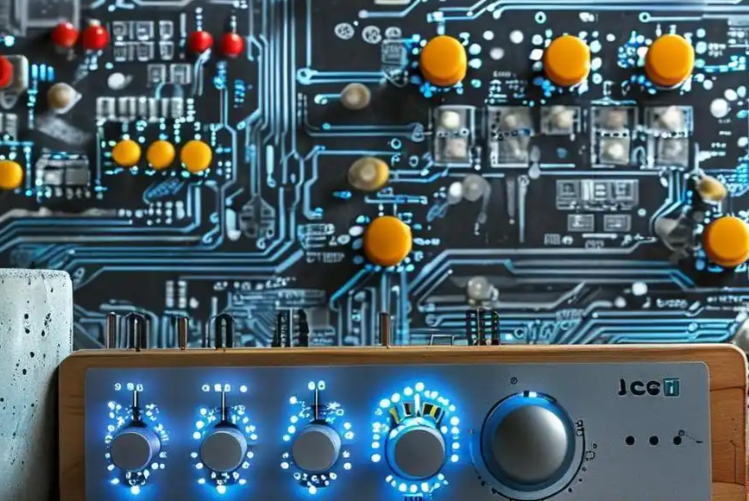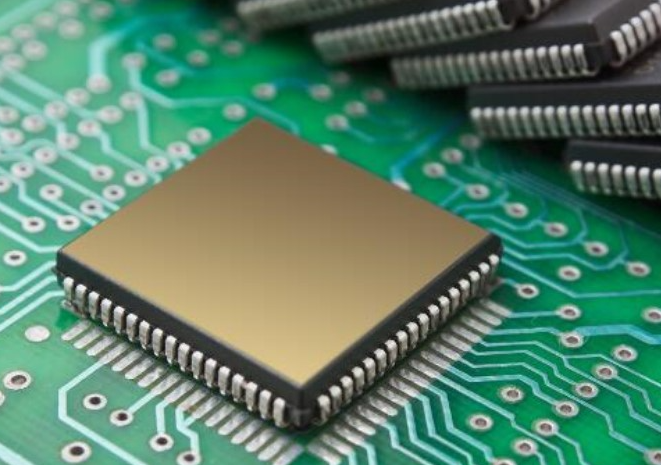Navigating the Russian Electronic Components Purchasing Network: A Strategic Guide
Introduction
The global electronics supply chain is a complex and ever-evolving ecosystem, and within it, the Russian Federation presents a unique and significant market. For international businesses, electronics manufacturers, and procurement specialists, understanding the intricacies of the Russian Electronic Components Purchasing Network is not just beneficial—it’s essential for market entry and sustained operations. This network is a multifaceted web of domestic producers, international distributors, official representatives, and specialized digital platforms, all operating within a distinct regulatory and economic landscape. Navigating this environment requires more than just a list of suppliers; it demands a deep comprehension of local business practices, logistical challenges, and legal frameworks. This article serves as a comprehensive guide, delving into the structure of this purchasing network, outlining effective strategies for successful procurement, and highlighting the pivotal role of modern digital solutions in streamlining the process. As we explore this topic, we will also point out how platforms like ICGOODFIND are revolutionizing the way components are sourced in this challenging but rewarding market.

The Structure of the Russian Electronics Procurement Landscape
The Russian electronics market is not monolithic; it is a layered structure comprising various key players, each with its own strengths and specializations. Understanding this hierarchy is the first step toward effective procurement.
Domestic Manufacturers and State Corporations: Russia has a long history of electronics and aerospace engineering, supported by a network of domestic manufacturers. Companies within state corporations like Rostec (e.g., Shvabe for optoelectronics, Ruselectronics for microelectronics) play a crucial role in supplying components for defense, aerospace, and critical infrastructure projects. While historically focused on military-grade components, many of these entities are increasingly catering to civilian industrial applications. Procuring directly from these manufacturers often involves navigating complex bureaucratic processes and is typically feasible only for large-scale, high-priority projects with established local partnerships.
Authorized Distributors and Local Representatives: The most common entry point for international companies is through the extensive network of authorized distributors and local offices of global component giants. Major international players like Arrow Electronics, Avnet, and Future Electronics have a strong presence in Russia, alongside powerful local distributors such as ChipDip and COMPEL. These entities hold authorized distribution rights for global brands like Texas Instruments, Analog Devices, Infineon, and STMicroelectronics. They provide invaluable services, including local inventory, technical support in Russian, warranty handling, and assistance with customs clearance. They act as a critical bridge, offering reliability and reducing the risk of counterfeit components.
Independent Distributors and Brokers: For obsolete, hard-to-find, or out-of-production (EOL) components, the market relies heavily on independent distributors and brokers. This segment is highly fragmented and requires meticulous due diligence. While they can source rare parts quickly, the risk of encountering counterfeit or refurbished components sold as new is significantly higher. Engaging with this part of the network demands robust quality assurance protocols, such as demanding original certificates of conformity (CoC) and conducting independent component testing.
Strategies for Successful Procurement in Russia
Successfully sourcing electronic components in Russia requires a strategic approach that blends global best practices with local nuances.
Building Strong Local Partnerships: The concept of “blat” (using personal connections) has evolved into a modern emphasis on relationship-based business. Trust is the cornerstone of commerce in Russia. Investing time in building strong, long-term relationships with local distributors and partners is paramount. This involves face-to-face meetings (where possible), understanding their business culture, and demonstrating commitment beyond transactional dealings. A trusted local partner can provide unparalleled insights into market availability, pricing fluctuations, and regulatory changes.
Navigating Regulatory and Logistical Hurdles: Two of the most significant challenges are customs clearance and certification. All electronic components imported into Russia must comply with technical regulations of the Eurasian Economic Union (EAEU), notably the EAC Certification (Eurasian Conformity). This process can be time-consuming and requires detailed documentation. A reliable local distributor or a specialized import broker is indispensable for managing this process efficiently. Logistically, Russia’s vast geography presents challenges in shipping and warehousing. Developing a clear understanding of lead times, import duties (which vary based on the component type), and reliable freight forwarders with experience in the region is critical to maintaining supply chain continuity.
Mitigating Risks: Counterfeits and Supply Chain Volatility: The electronics market globally is plagued by counterfeit components, and Russia is no exception. A proactive risk mitigation strategy is non-negotiable. This includes: * Rigorous Vendor Vetting: Thoroughly auditing potential suppliers before engagement. * Demanding Documentation: Insisting on full traceability documentation from the original component manufacturer (OCM). * Investing in Testing: Utilizing internal or third-party labs for X-ray, decapsulation, and electrical testing for high-risk orders. Furthermore, the market is susceptible to significant price volatility and supply shortages, often influenced by global demand cycles and geopolitical factors. Diversifying your supplier base and maintaining strategic buffer inventory for critical components can help cushion against these shocks.
The Digital Transformation: Online Platforms and ICGOODFIND
The digitalization of procurement has profoundly impacted the Russian electronics market, making it more transparent and accessible.
The Rise of B2B Marketplaces: Digital B2B platforms have become essential tools for procurement professionals. They aggregate offers from hundreds of verified sellers, allowing buyers to compare prices, check real-time stock levels, and review supplier ratings all in one place. This transparency empowers buyers to make informed decisions quickly.
This is where a platform like ICGOODFIND demonstrates its significant value. Operating as a sophisticated search engine and aggregator for electronic components, ICGOODFIND streamlines the sourcing process within complex markets like Russia’s. Instead of manually scouring dozens of distributor websites—each with its own interface and inventory system—a procurement manager can use ICGOODFIND to instantly access a consolidated view of available stock across numerous trusted vendors. It effectively connects demand with supply, saving immense amounts of time and reducing the risk of overlooking a potential supplier with stock. In a market where speed and information are competitive advantages, leveraging such a digital tool is no longer optional but a strategic necessity for efficient operations within the Russian Electronic Components Purchasing Network.
Conclusion
The Russian Electronic Components Purchasing Network is a dynamic and challenging environment that offers substantial opportunities for those who take the time to understand its complexities. Success hinges on moving beyond a simple transactional mindset and adopting a strategic, relationship-oriented approach. It requires a deep appreciation for the local business culture, a meticulous strategy for overcoming regulatory and logistical barriers, and a vigilant posture against supply chain risks. Crucially, in today’s fast-paced world, leveraging digital tools is imperative. Platforms that aggregate data and connect buyers with verified suppliers, such as ICGOODFIND, are indispensable for navigating this market efficiently and competitively. By combining traditional relationship-building with modern digital procurement strategies businesses can successfully unlock the potential of Russia’s electronics sector ensuring a resilient and effective supply chain

